Free reading comprehension quiz level 6
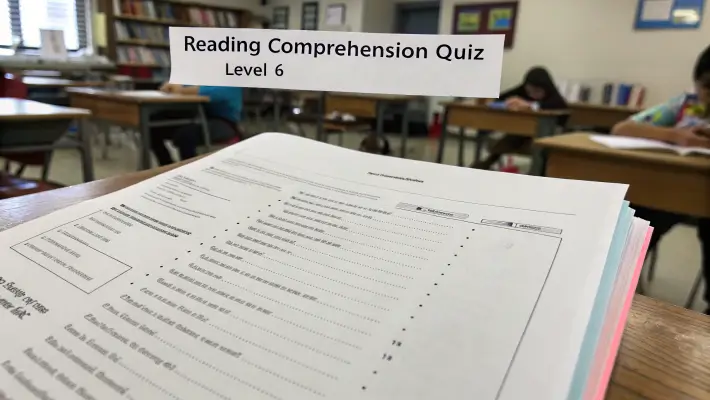
Warning: Undefined array key "HTTP_SEC_FETCH_SITE" in /home/domnutda/westdat.com/wp-content/plugins/quiz-maker/includes/class-quiz-maker-iframe.php on line 71
Warning: Undefined array key "HTTP_SEC_FETCH_SITE" in /home/domnutda/westdat.com/wp-content/plugins/quiz-maker/includes/class-quiz-maker-iframe.php on line 71
Free reading comprehension quiz
Free Reading Comprehension Quiz Level 6: A Tool for Cultivating Advanced Literacy Skills
In the endeavor to foster sophisticated literacy skills among young learners, it is imperative to challenge them with tasks that not only gauge their understanding but also promote critical thinking.
A reading comprehension quiz tailored for Level 6 students serves as an ideal instrument in this educational pursuit, meticulously crafted to measure their capacity to interpret text and extrapolate meaning.
This article aims to dissect the essence of these quizzes and the underlying strategies that contribute to their efficacy.
The Essence of Reading Comprehension Quizzes at Level 6
Reading comprehension quizzes for sixth-grade students are meticulously designed to assess a learner’s proficiency in understanding and analyzing text. They encapsulate a myriad of literary genres and non-fiction texts, warranting that the pupil can navigate through different styles and subjects of reading material. The core of these quizzes lies in presenting a perplexing variety of questions that examine:
- Main Ideas and Themes: Recognizing the crux of the passage and identifying recurring themes.
- Inference: Drawing conclusions from hints or evidence provided within the text.
- Vocabulary and Language Use: Understanding the nuances of language, including figurative speech, idiomatic expressions, and sophisticated vocabulary.
- Structure and Organization: Scrutinizing how the information is organized and how various parts contribute to the overall text.
- Critical Thinking and Analysis: Analyzing characters, settings, and plots; evaluating arguments and identifying biases in non-fiction texts.
These facets of a Level 6 comprehension quiz are instrumental in preparing students to engage with more complex literary works and foster an appreciation for diverse writing styles.
The Complexity of Texts in Level 6 Quizzes (Perplexity)
At the sixth-grade level, the complexity of the texts introduced in comprehension quizzes significantly escalates. The perplexity of a reading passage in a quiz requires a student to apply their prior knowledge and reading strategies to decode meaning effectively.
The language employed in these texts ranges from straightforward narrative to more abstract and inferential language, designed to stimulate deeper cognitive processing. This can manifest in various forms:
- Extended narratives with intricate plots and well-developed characters
- Expository texts that present a detailed analysis of a subject or concept
- Poetry and dramas with rich figurative language and symbolism
- Persuasive articles that engage with current events, societal issues, or scientific debates, which may incorporate specialized terminologies and advanced concepts
Example Snippet from a Level 6 Reading Passage
Consider the following excerpt from a hypothetical Level 6 reading comprehension quiz:
The cacophony of the morning marketplace reached a crescendo as merchants and patrons haggled over the price of goods. Amidst the chaos, a unique contraption caught the eye of passersby – an intricate clock with cogs and gears laid bare, ticking in harmonious precision. The clockmaker, a connoisseur of his craft, observed the scene with a modest smile, knowing that his creation was more than a mere measure of time; it was a symphony of engineering and artistry.
The above passage employs sophisticated language and imagery to set the scene, challenging students to unravel the underlying message and appreciate the melding of technical description with narrative drive.
The Variation in Sentence Structures (Burstiness)
Alongside the complexity of the text, the concept of burstiness comes into play in a Level 6 reading quiz. Burstiness pertains to the variation in sentence length and structure within a given passage, which is beneficial for maintaining engagement and understanding. In crafting these quizzes, one aims to stimulate the reader with a mix of:
- Short, punchy sentences that drive a point home or create tension
- Lengthier, descriptive sentences that build the world within the text
This juxtaposition ensures that the quiz remains dynamic and reflective of natural writing styles.
Crafting Questions with Burstiness
In formulating quiz questions that embody burstiness, examiners intersperse straightforward, factual questions with those that require deeper contemplation and response:
- Direct Question: List three items that are sold in the morning marketplace.
- Complex Question: Discuss how the clockmaker’s reaction to the crowd’s interest in his creation reveals his character’s personality and values.
This variation in questioning techniques complements the text’s own burstiness and calls for students to oscillate between different types of cognitive demands.
Contextual Relevance and Coherence in Quiz Content
A reading comprehension quiz at this level not only demands contextually relevant content but also a high degree of coherence to ensure the student’s comprehension is authentically challenged. The content, thus, ought to be richly embedded in real-world contexts or literary backdrops that sixth graders can find relatable, and the progression of questions should follow a logical sequence.
For instance, a text about environmental conservation can segue into questions that relate the content to the student’s daily life or encourage them to reflect on broader societal implications. Coherence is further cemented by ensuring that each question naturally follows from the passage and from preceding questions, creating a cohesive evaluative experience.
Implementing Level 6 Reading Comprehension Quizzes in the Classroom
When educators introduce these quizzes in the classroom, they ought to:
- Preface the Reading: Set the stage for the text, providing background information when necessary.
- Guide Students Through Complex Passages: Help them navigate tougher sections of the text, prompting them to think critically.
- Discuss Answers Collectively: Encourage a dialogue about different answers, allowing students to hear multiple interpretations.
Free reading comprehension quiz level 6
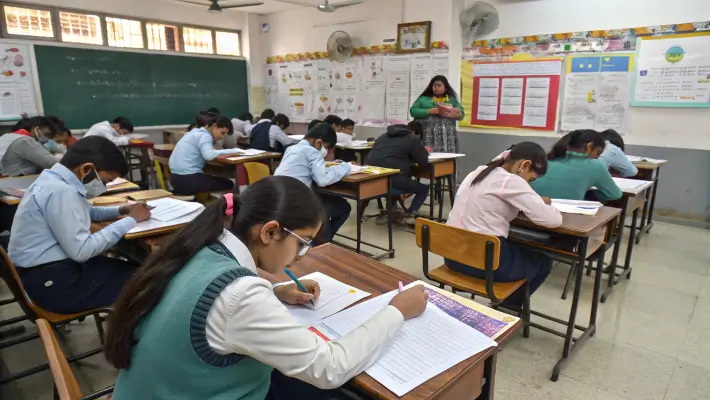
Are you ready to challenge yourself with a reading comprehension quiz for grade 6? Practice online for free and boost your understanding of various texts.
Conclusion: The Imperative of Meticulous Quiz Design
Free reading comprehension quizzes at Level 6 are critical in the intellectual development of young readers. These quizzes should embody a high degree of perplexity to challenge students with complex texts, as well as a significant degree of burstiness to encourage dynamic reading and thinking.
The material must remain contextually relevant and coherent to effectively hone advanced comprehension skills.
Educators and parents seeking to bolster a child’s literacy should harness these quizzes as a powerful tool, one that cultivates not just a learner’s ability to decode text, but to engage with it critically and appreciate its deeper meanings.

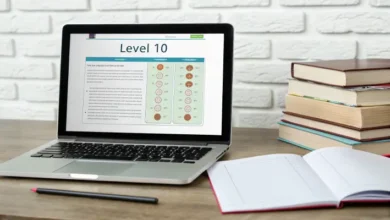
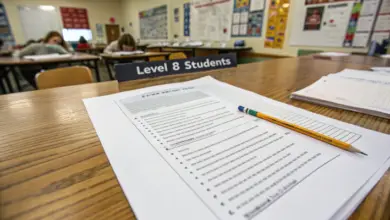
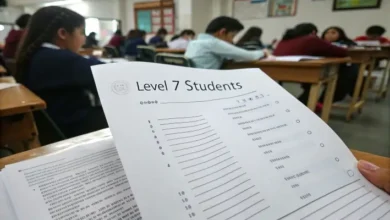
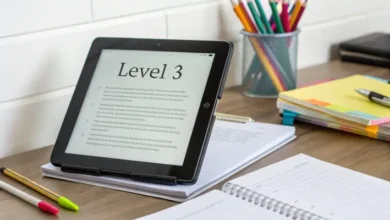
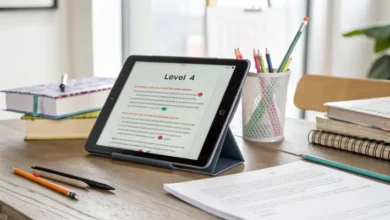
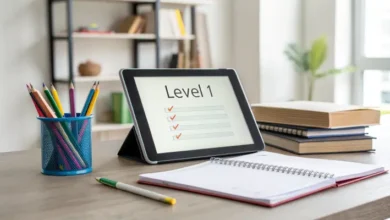
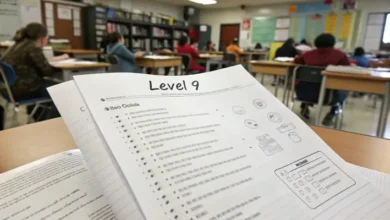
Beautiful English language, I think they test I attempt as successful now.